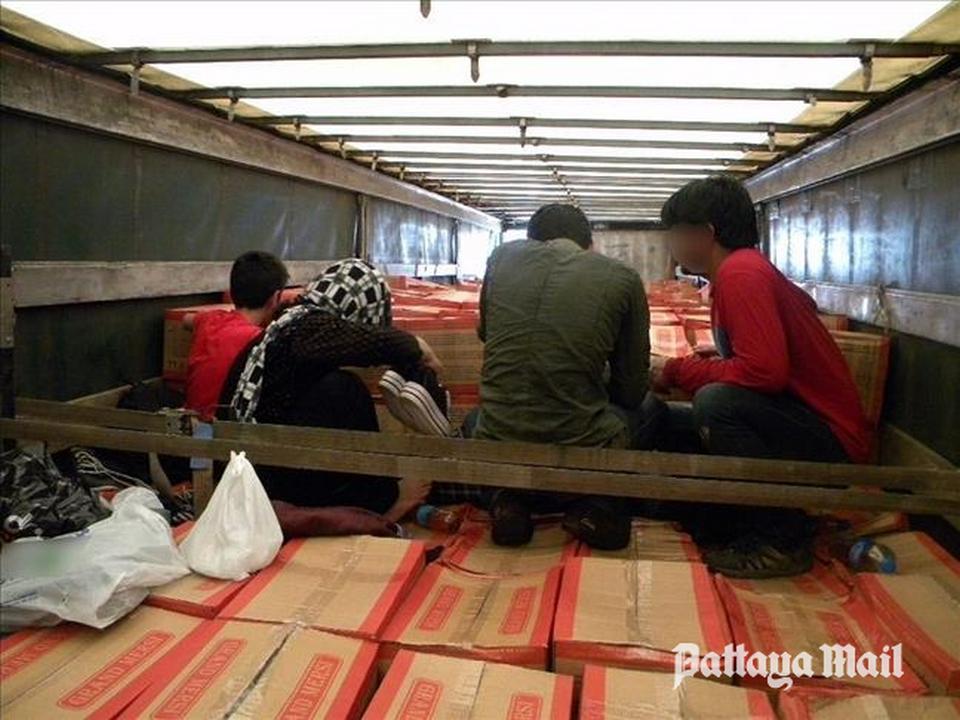
Phnom Penh authorities reckon that 120,000 Cambodian manual workers in Thailand have returned to their home country since the Covid-19 outbreak. Their reasons for doing so are varied but include fear of catching coronavirus, unemployment in some sectors in Thailand and confusion about their legal status. Nobody knows the total number of Cambodian nationals in Thailand, because of the presence of illegals who bypassed border checkpoints, but is currently around 500,000.
The Cambodian Ministry of Planning urges all returning nationals to apply for IDPoorCards, a registration process with a heavy discretionary element. Thus, if government inspectors think a family is living in superior accommodation (not defined) or if a returning individual brought back cash from employment in Thailand, then help from official coffers will not be forthcoming. There is no base line for poverty in Cambodia although the garment-manufacturing sector operates a loose minimum wage policy.
Although Thailand’s land borders are closed for most purposes, the principal ones are open to admit limited numbers of Cambodian workers returning to Thailand, subject to 14 days quarantine on the Thai side, and to allow returning Cambodians into their home country. One problem for returning Cambodians is that wages are much lower at home than in Thailand. Phorn Chanta, a 51 year old farmer, said he was working as a gardener for a real estate company near Bangkok for around US$400 a month before he was terminated because of the recession. Back in Phnom Penh, he ekes out a living as a labourer in seafood markets for one tenth of that amount.
Thai authorities have now allowed illegal guest workers to register for employment here without the risk of being prosecuted. They are tested for coronavirus and can benefit from access to Thai public health care. But some voluntarily-reporting Cambodians here say there are still problems. Kleung Eck, a 28 year old former illegal migrant worker, said he had only been offered manual work on building sites at less than the Thai minimum wage of around 320 baht per day. Also, deductions were made for food and accommodation in a makeshift camp. He said he wanted to return to Cambodia but his passport had expired and he could not afford the replacement.
Cambodians confirm that wages and conditions in Thailand are now less generous than in South Korea, China and Japan where guest workers are also sought in the construction, factory and food sectors. However, the restrictions on international travel since Covid-19 arrived have reduced this traffic to virtually zero.
Many migrant workers in Thailand say they came here to be able to send money back home to support their families or to pay off loans to buy a rice field plot. That cash figure reached almost three million US dollars prior to the pandemic but has now likely shrunk by at least 50 percent. Stuck between a rock and a hard place, most Cambodians in Thailand will likely grin and bear it until the world returns to normal. Assuming it ever does.





